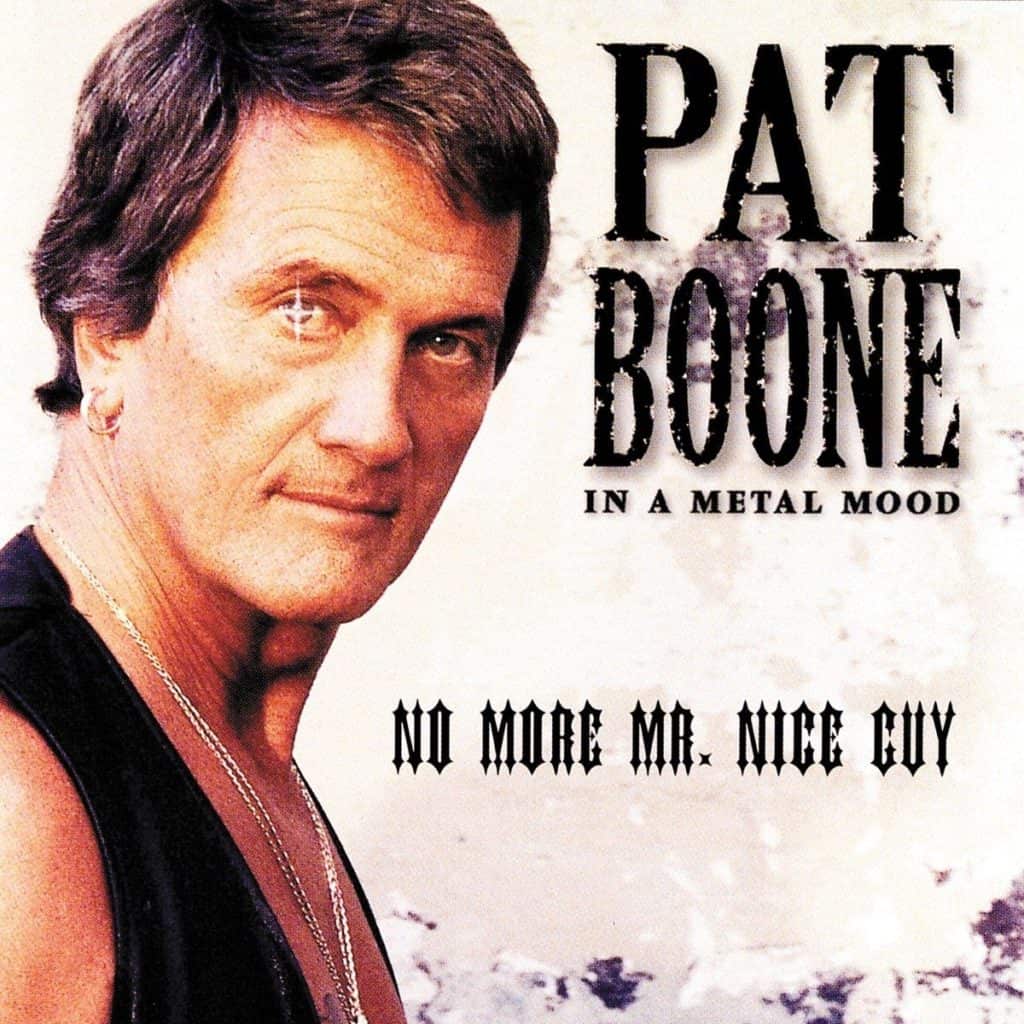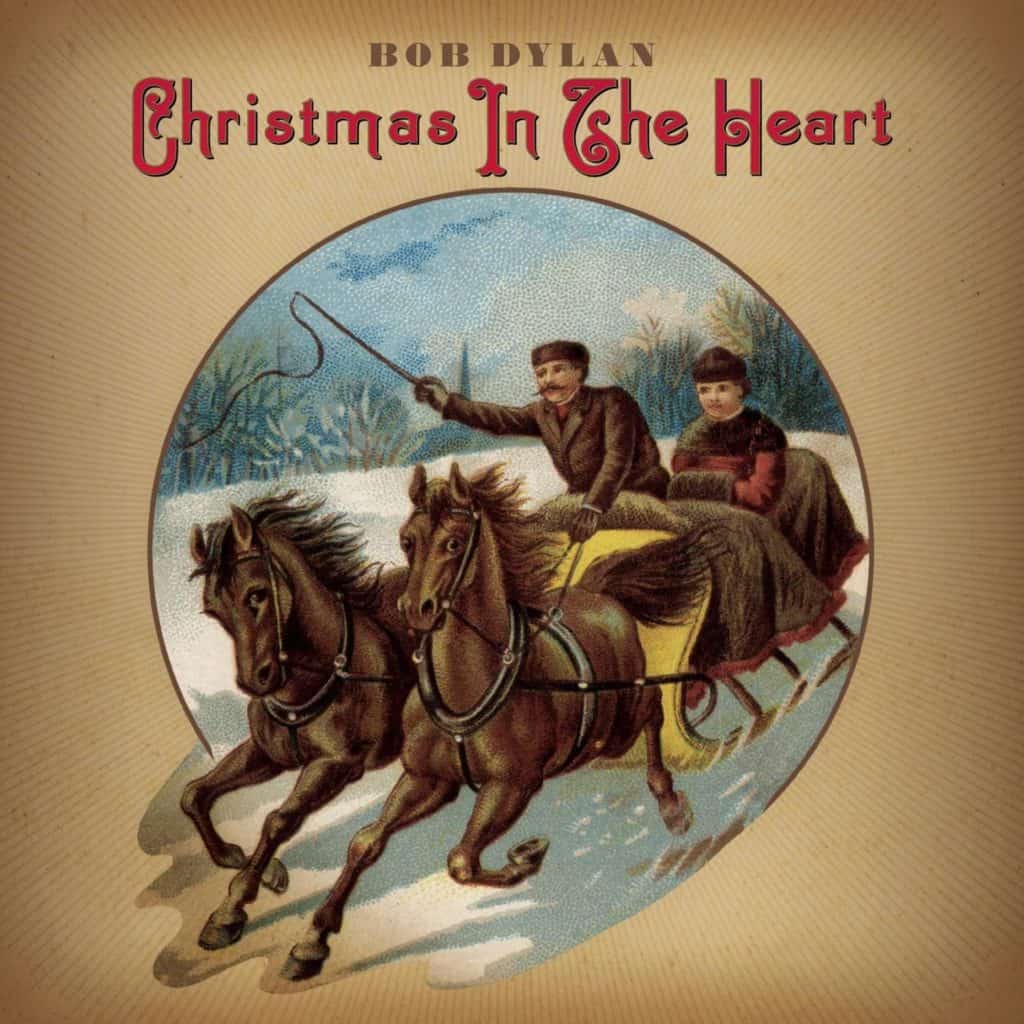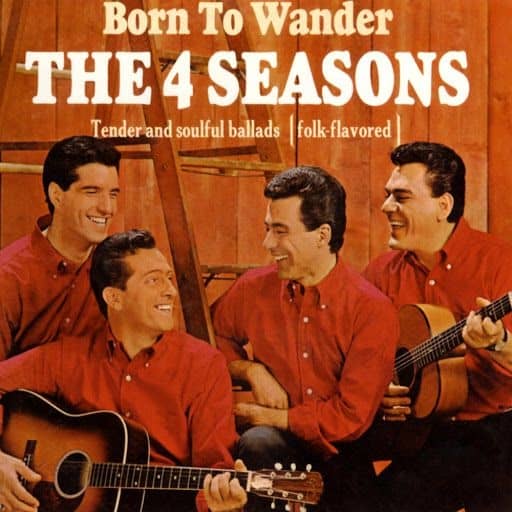OK, sure, you can find “worst” music countdown clips on YouTube, but they’re full of all the obvious choices, with none of the deep cosmic thoughts you’ll find here in the Star-Revue. And I can pretty much guarantee no bandwidth problems with this page. Also, this countdown is all about the record, recognizing not only the song, but the artist, the producers, the background singers, and the entire mess that produced the recordings we are honoring. But let me be perfectly clear, as every stinking politician likes to say over and over again these days: I’m not including what Dave Barry called “ear worms” in his seminal 1997 study, Book of Bad Songs (used copies now available for a penny on Amazon and well worth it). Barry’s worms are record snippets that involuntarily crawl around inside your head, causing you to suddenly blurt out, “Su-Su-Sussudio,” or “Rack, rack city bitch,” or “You a stupid ho.” No. Here at the Red Hook Star-Revue we go for records that fizzled so badly, they died long before you could have possibly heard them.
OK, I had planned to count down the Top 100, but I was just told by Mike Cobb to wrap this up, so as John Lennon used to say, here are the worst Top-er-most of the Pop-er-most.
 #4 – “Enter Sandman” by Pat Boone (written by James Hetfield, Kirk Hammett, Lars Ulrich; produced by Michael Lloyd & Jerry Weber). It’s hard to pick one particular cut from Pat Boone’s 1997 tribute to Metal. Scratch that. No, it isn’t. It’s this one. David Siebels, Pat’s musical sidekick for decades, was the genius who developed a big band lounge-lizard arrangement for one of the most venerated recordings of the rock era. Exit Metallica’s sinister atmosphere. Enter a chick chorus and Pat’s joyous whoop, “Let’s go!” Pat’s very long sincere liner notes explain how this fabulous project came to be and how excited he is to be introducing heavy metal to a public that knows very little about it. Oh my. But the CD sold some copies and inspired 2015’s R&B Duets in which Pat teams up with aging (or dead) soul survivors and glides into basso profundo caricatures of everything R&B never was. Sad, funny, clueless. Take a bow, Pat Boone!
#4 – “Enter Sandman” by Pat Boone (written by James Hetfield, Kirk Hammett, Lars Ulrich; produced by Michael Lloyd & Jerry Weber). It’s hard to pick one particular cut from Pat Boone’s 1997 tribute to Metal. Scratch that. No, it isn’t. It’s this one. David Siebels, Pat’s musical sidekick for decades, was the genius who developed a big band lounge-lizard arrangement for one of the most venerated recordings of the rock era. Exit Metallica’s sinister atmosphere. Enter a chick chorus and Pat’s joyous whoop, “Let’s go!” Pat’s very long sincere liner notes explain how this fabulous project came to be and how excited he is to be introducing heavy metal to a public that knows very little about it. Oh my. But the CD sold some copies and inspired 2015’s R&B Duets in which Pat teams up with aging (or dead) soul survivors and glides into basso profundo caricatures of everything R&B never was. Sad, funny, clueless. Take a bow, Pat Boone!
 #3 – “Hark the Herald Angels Sing” by Bob Dylan (written by Felix Mendelssohn & George Whitefield, produced by Jack Frost, aka Bob Dylan). Let’s face it, we all have guests who sometimes show up uninvited or endure other visitors we’d just as soon get rid of. Take it from me, nothing clears out any room faster than Bob Dylan’s 2007 Christmas album. Especially the way he croaks, “Hark, the here old angels sing.” I have seen people trample each other in a bid to evacuate when that baby starts spinning on my turntable (go with the vinyl so all those nasal utterances can be fully appreciated by the guests).
#3 – “Hark the Herald Angels Sing” by Bob Dylan (written by Felix Mendelssohn & George Whitefield, produced by Jack Frost, aka Bob Dylan). Let’s face it, we all have guests who sometimes show up uninvited or endure other visitors we’d just as soon get rid of. Take it from me, nothing clears out any room faster than Bob Dylan’s 2007 Christmas album. Especially the way he croaks, “Hark, the here old angels sing.” I have seen people trample each other in a bid to evacuate when that baby starts spinning on my turntable (go with the vinyl so all those nasal utterances can be fully appreciated by the guests).
#2 – “A Ballad for Our Time” by the Four Seasons (written by Lou Stallman & Sid Jacobson, produced by Bob Crewe). This was a 1964 attempt by the Bob Crewe/Bob Gaudio powerhouse of pop to cash in on those “protest songs” they kept hearing on the radio. They knew the Seasons had way better pipes than The Brothers Four, The Kingston Trio and all those folkie nerds. There was only one problem. For the Seasons’ first dip into the Sea of Protest, the Bobs chose possibly the worst song ever composed, including in other star systems. Here’s a tip for all you new tunesmiths out there. Never start off a song you think is making an important social statement by having your lead singer somberly announce a capella, “This…is a ballad for our time.” Here’s another tip. When you’re going for that Dylan kind of vibe, don’t write an answer song to “Blowin’ in the Wind” or you might pen incredibly ridiculous lines like, “Every wind has the protocol to be kicking up dust into our eyes.” And if your aim is to one-up the Minnesota troubadour with some trenchant insight, well then, don’t end your tune with this: “And who has the right to say no? But at times it’s as though one does, as though one does.” WTF? By the way, if you just couldn’t resist tracking this song down on Spotify, as a palette-cleanser try listening to the Seasons’ tribute to the poetry of Bob Dylan, “Don’t Think Twice (Why Babe-A-Why-Babe).”
Can’t you just feel the suspense bubbling up now? But first the traditional “Honorable Mention” category: “Dominic” by Elvis Presley (the Elvis movie soundtracks are often filled with unbelievably weird things, such as this song, sung to a bull with erectile dysfunction). And, of course, let’s not forget the country-meets-paranormal train wreck “Abominable Snow Creature” by Martin Wallace, trying for a “Big Bad John” feel but getting instead unintended belly laughs. (Wallace’s 2014 website blames the US government for letting the Communists take control of the music business, thereby ruining his career.) Drumroll, if you please…
#1 – “The Yard Went on Forever” by Richard Harris (written and produced by Jimmy Webb). In 1968 Richard Harris, the star of stage and screen, suddenly realized all the chicks dug rock stars more than him. Solution? Become a rock star. Enter Jimmy Webb. After cutting his chops at Motown, his pen became a hit machine: “Up, Up and Away,” “By the Time I Get to Phoenix,” “Wichita Lineman,” etc. Webb had just created his own production company when Richard Harris came knocking, seeking chick-magnet material. But Jimmy was depressed about his love life. So, he wrote and produced depressing songs for Harris, featuring over-the-top orchestrations – such as “MacArthur Park, “which warned of the dangers of keeping cakes out in the rain. This seven-minute magnum opus is often cited by lesser analytic minds as the worst record of all time. OK, OK, it’s definitely Top 20 material, I’ll grant you that. But when it comes to sheer unfathomable musical judgment, “The Yard Went on Forever,” the lead single of the follow-up album, takes the cake. A soggy cake at that.
Where does one begin? Here’s a taste. The Latin phrase often repeated throughout the record, De profundis clamavi ad te Domine (from Psalm 130, “From the depths I have cried out to you oh Lord”), inspired the title of the first live album by the aptly named Swedish black metal band Dark Funeral (I think a better title would have been Help! I’ve lost my hearing!, but maybe that’s just me). The psalm is first heard after Richard Harris delivers a portentous reading of the line, “Hear them singing, all the women of Pompeii standing with the Kansas City housewives in doorways in volcanoes and tornadoes on doomsday.” When the Latin-singing choir quiets down, Harris returns to sing, “There were houses, there were hoses, there were sprinklers on the lawn. There was a frying pan, and she would cook their dreams.”
I like to think that the satirical British rockers the Bonzo Dog Band were inspired by “The Yard Went on Forever” to write “Canyons of Your Mind” that same year, particularly their spectacular ending: “And each time I hear your name (Frying pan, frying pan), Oh! How it hurts! (He’s in pain). In the wardrobe of my soul (Oh, my soul). In the section labeled ‘shirts’ (Agh) Agh! Oh!”
The Bonzo guitarist Neil Innes, often called the seventh Monty Python (also a Ruttle with Eric Idle), died as 2020 dawned, just weeks before fellow Python Terry Jones joined him. Neil perfectly summed up the worldview that continues to give us records like “The Yard Went on Forever” – every time he stepped on stage with a Stratocaster, his huge Marshall amp dialed to 11, and snarled, “I’ve suffered for my music. Now it’s your turn!”











4 Comments
Best critical review of awful music I have read
Thanks, KLK! I enjoyed ranking the very most worst!
A Ballad for our time ! Lou Stallman from Brooklyn wrote it. He lived by Ocean Avenue. He had more luck with Round and Round by Perry Como.
Fun article. Ed Hayes
Thanks, Ed. Yeah, Lou was definitely not a folkie. PS I keep waiting for Frankie Valli’s Americana album.